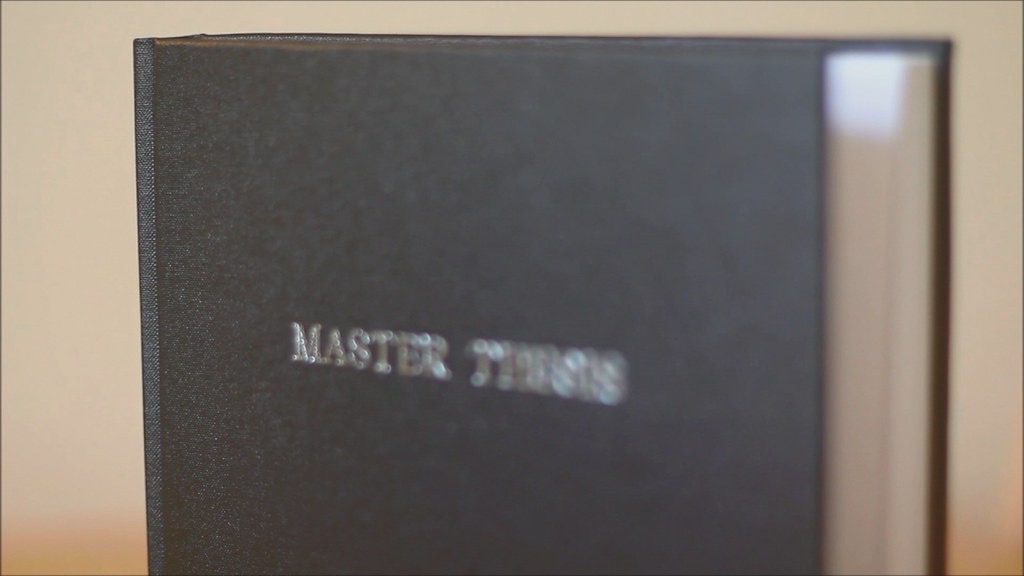For my master’s in theology I have written a master thesis titled Deepfakes and extreme beliefs : an ethical evaluation. The research underpinning this thesis is part of the interdisciplinary, multi-year Extreme Beliefs research programme that runs at the Vrije Universiteit Amsterdam and is chaired by dr. Rik Peels, who also supervised my master thesis. You can find the abstract, keywords and a link to a PDF of my thesis below
Abstract
Deepfakes are a nascent technological phenomenon that is expected to have a profound impact on our society. In this thesis I will conduct an ethical assessment using the reflective equilibrium method for the use of deepfakes in the context of groups holding extreme beliefs. This research will not provide a normative ethical evaluation but will expose what moral principles are at stake. It is based on three case studies that are situated in Belgium and the Netherlands in the years 2020, 2021 and 2031. The selected case studies each represent an increasing distance towards reality which is modeled after the different stages in Jean Baudrillard’s simulacra-model (1994). The exposed moral principles will vary from pro tanto personal principles, like freedom of speech and informed consent, to pro tanto societal principles, like climate justice, transparency, epistemic authority, credulity, and the pro tanto obligation to do no harm. It is argued that for future case studies that involve an ethical assessment of deepfakes, these moral principles are useful to properly contextualize deepfakes as a social phenomenon. Deepfakes should not be considered as a new and isolated technical category, but as a technology wrapped in a broader, social context in our society that will amplify existing sociological trends like the diminished trust in epistemic authorities. Deepfakes can and will be weaponized by groups holding extreme beliefs and should be seen as the latest technology manifestation in the creation of disinformation and propaganda. In general mis- and disinformation will lead to an epistemic deterioration of our information environments (De Ridder 2021) and deepfakes will only accelerate and amplify this. The insights from this research will help both researchers in academia and the general public to take a broader, more nuanced, and contextualized view to assess the moral impact of deepfakes and it will help to inform the public debate around deepfakes and increase media literacy.
Keywords
deepfakes, synthetic media, ethics, reflective equilibrium, extreme beliefs, conspiracy theories, artificial intelligence, case studies, Jean Baudrillard, simulacrum
